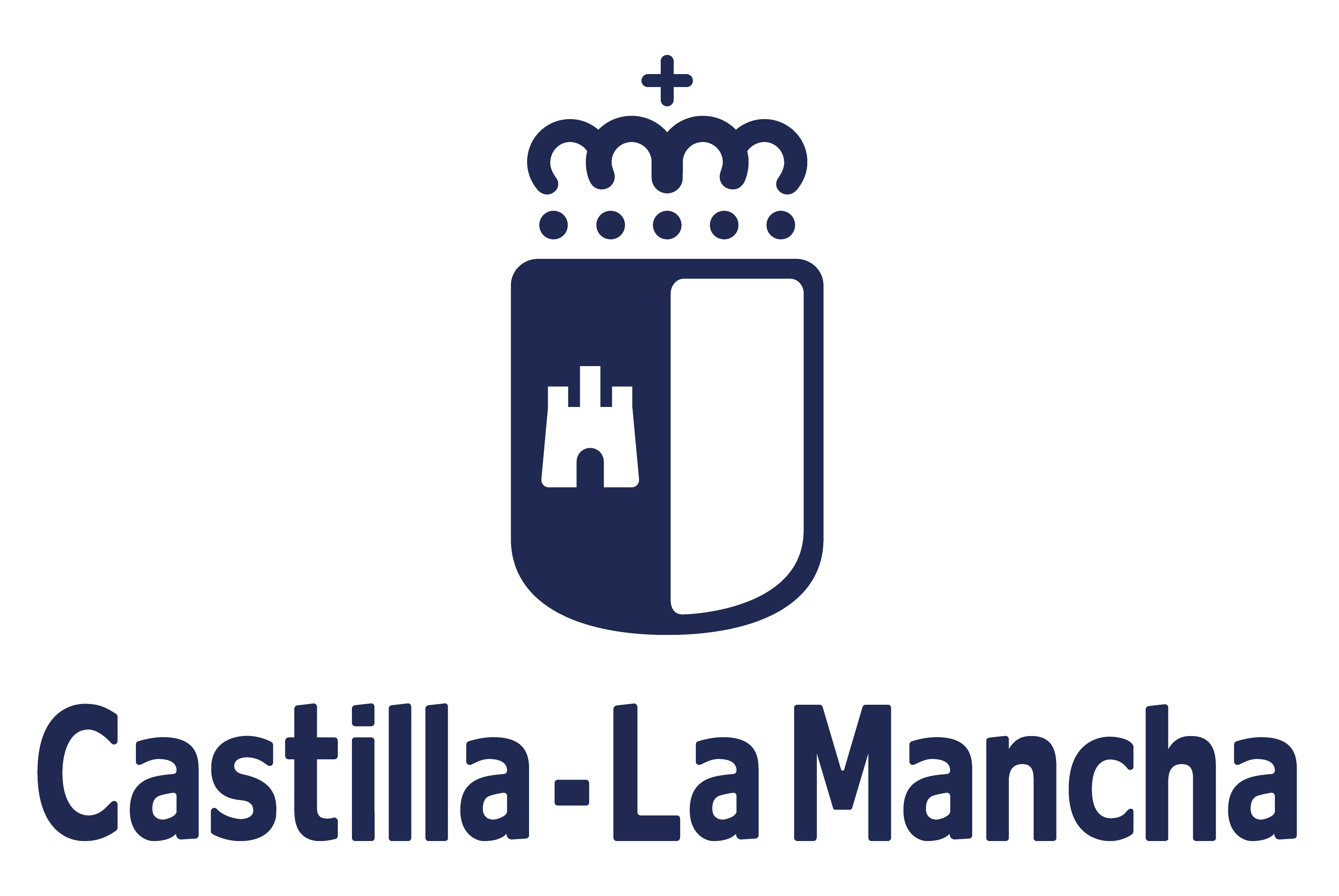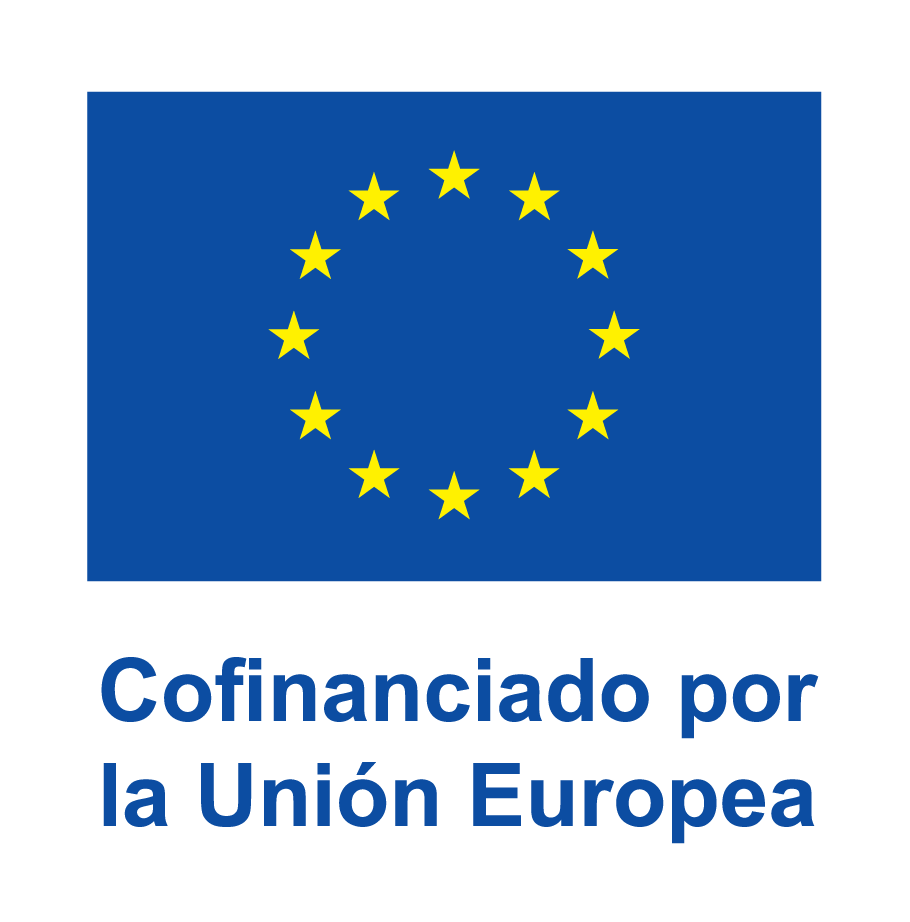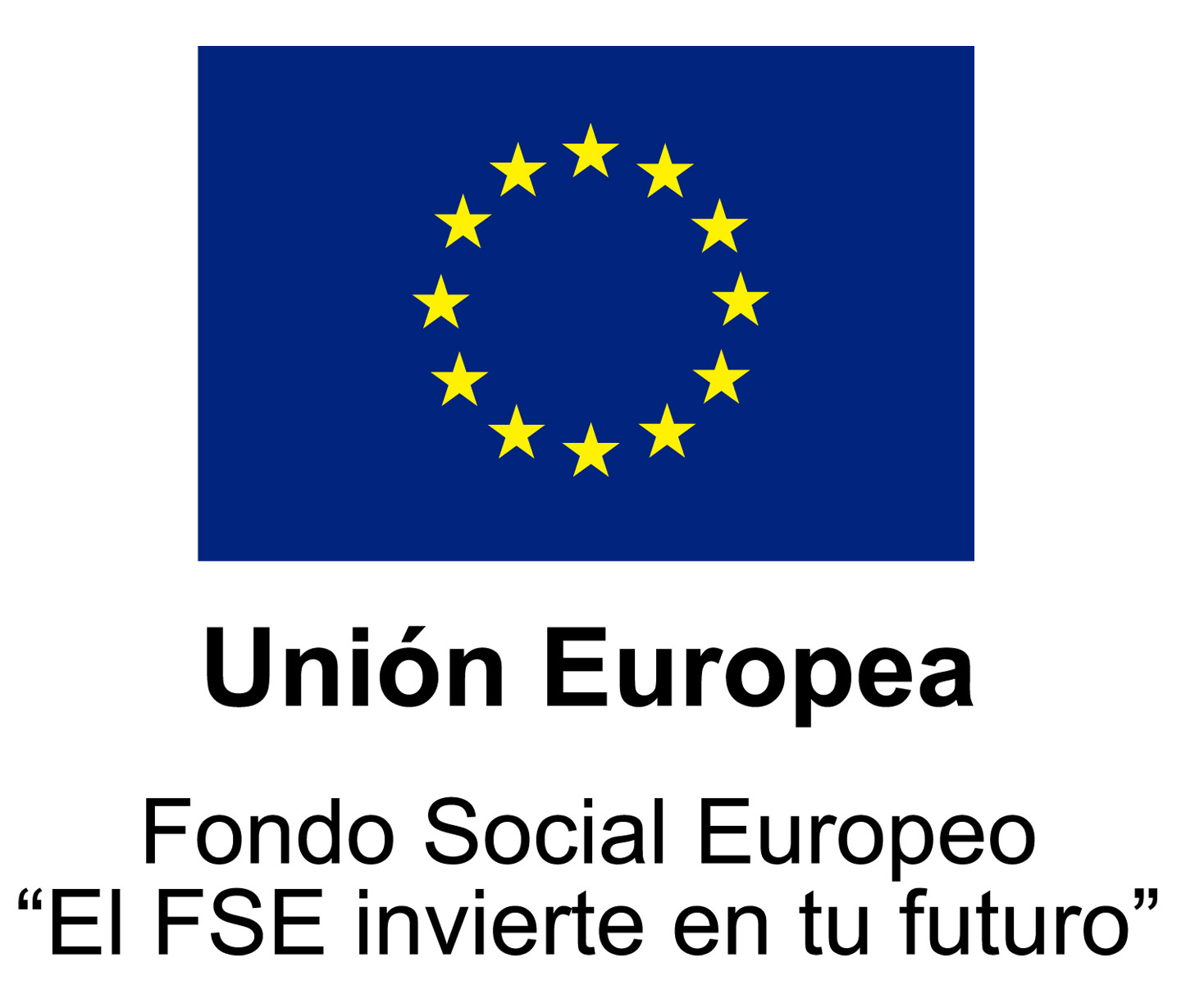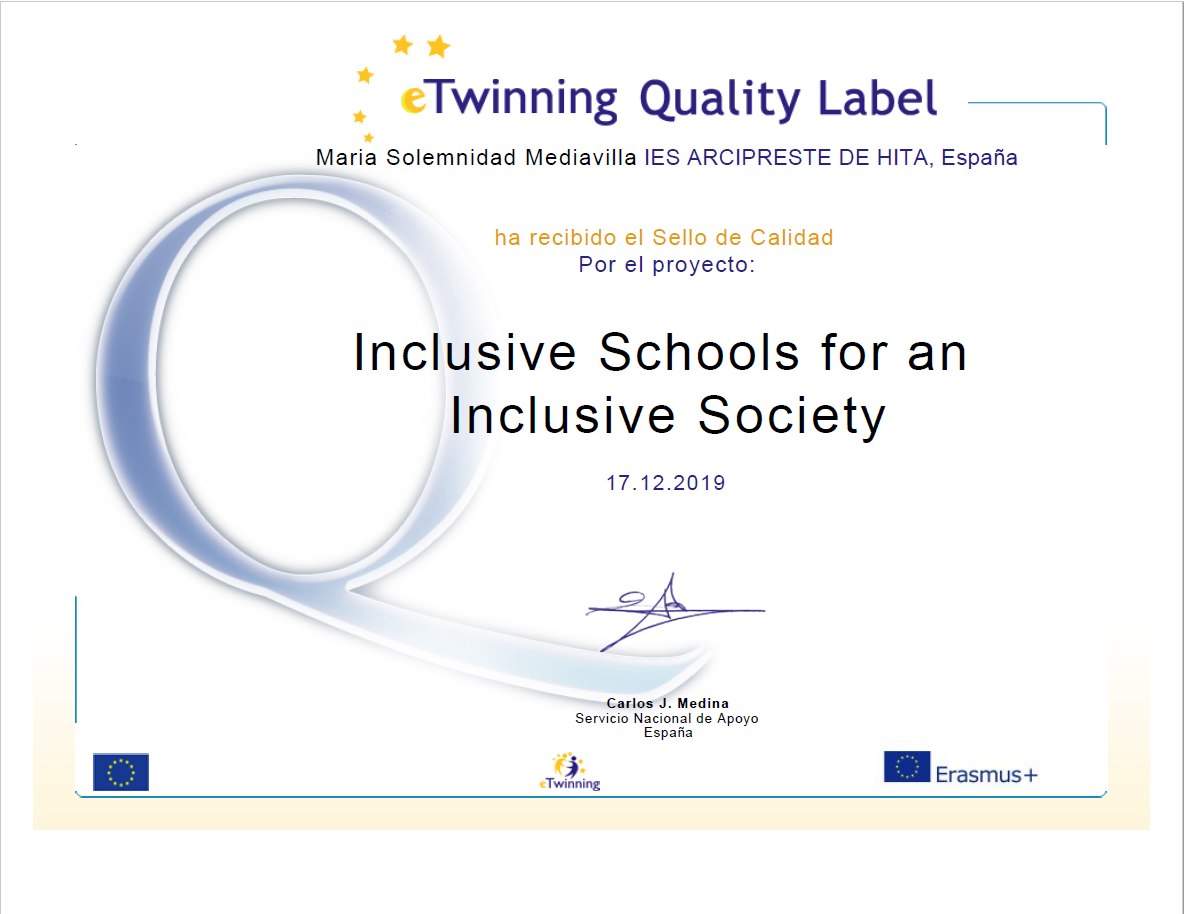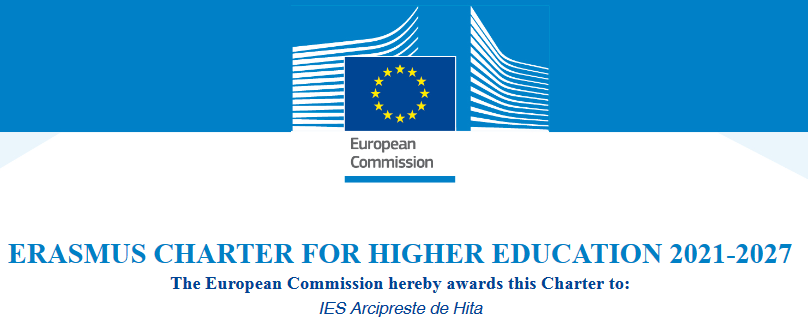Erasmus Policy Statement (Overall Strategy)
INTERNATIONAL STRATEGY
Arcipreste de Hita High School pioneered the implantation and promotion of international programs related to language learning in Secondary School level as well as in Vocational Training studies. The improvement of our students’ linguistic competence is thus a main axle in our school philosophy.
As an example, this current year our first promotion of students who have attended a bilingual program in English will be finishing their Secondary School studies. Besides this, it has already been several years since our Vocational Training students have taken part in Leonardo and Erasmus programs through mobility and cross-border cooperation in EU nations to carry out their on-the-job training.
In choosing the hosting premises we take into account the fact of students being able to assure the acquisition of the necessary training achievements included in their syllabus so as to promote in their Job Training Cycle and therefore we seek firms dealing with new technologies or any other firm having an IT Department that enables the development of the tasks established in the training program.
Also, in choosing the hosting institutions we give priority to English-speaking countries because of English being the second language taught at our school. Due to this fact, in the last few years, our students have carried out their training programs in Ireland and in the UK.
The main objectives of our mobility training activities abroad are:
1. To improve our students´ linguistic competence. Our students have already attained a basic knowledge of the language, specially that related to reading and writing but it is essential for them to improve their communication skills. We truly believe that learning a language in a real communicative context is undoubtedly more effective.
2. To develop IT competences in a real productive context. Our students have great knowledge in areas related to Computers and Communication and they need appropriate training in order to consolidate what they have learnt.
3. To encourage cross-border cooperation.
4. To develop personal initiative and individual competence. In most cases, this will be the first time our students are travelling abroad on their own, so this fact proves itself to be very useful and educational for them.
5. To increase their feeling and European identity, based in common values, backgrounds and cultures. These mobility programs give students the chance to interact and participate with citizens from other countries in the construction of a closer and more open Europe, united and enrichened by its cultural diversity.
6. To ease mobility for students and other workers in the EU. The training programs carried out abroad improves the development of a professional career in and out the country of origin.
The target groups these training programs are destined to are students in the second year of the “Network Computer Systems Administration” Upper Grade Vocational Training Cycle, who will develop their training abroad included in the Training in Working Centers Module. Therefore, this training program will be properly recognized in their academic record.
EXPECTED IMPACT
1. Increasing attainment levels to provide the graduates and researchers Europe needs: there is a total commitment at the IES Arcipreste de Hita to improve our students´performance. In order to achieve this commitment, apart from our current offer of vocational training programs, there is also a Module offer which enables those students who abandoned their academic proficiency at an early stage and those professionals with low job qualifications to have access to a training program which is adapted to their needs.
2. Improving the quality and relevance of higher education: in a socio-economic setting as the current one, highly qualified professional training is becoming more and more important, because these professionals are the ones who have higher employment opportunities. To achieve this, our school´s effort is to continuously improve the quality of our studies and to adapt ourselves to the changes that take place in a field where innovation is as vital as it is in the IT field.
3. Strengthening quality through mobility and cross-border cooperation: we are living in an increasingly globalized world, and having professionals with a mobility capacity is thus necessary. Training programs in firms abroad can provide students with an additional value apart from that of learning another language which is that students will gain a greater experience level and they will improve their capacity to adapt themselves to different productive premises.
4. Linking higher education, research and business for excellence and regional development: the vocational training programs in the Computer fields at the IES Arcipreste de Hita are continuously evolving to adapt themselves to the needs of the productive sector, this is possible thanks to the training programs developed in firms that allows us to know first-hand which the needs of the nearby firms are in order to carry out an adaptation and improvement of contents. Because of this, a great demand for our students exists the employment rate being of nearly a 100% of those students who had finished their studies within a year.
5. Improving governance and funding: our current crisis situation has greatly worsen the economical status at educational centers such as ours, and that obliges us to be even more careful with our expenses. The Erasmus program means an indispensable economic impetus for being able to develop mobility and cross-border cooperation programs, linguistic improvement programs, etc.

